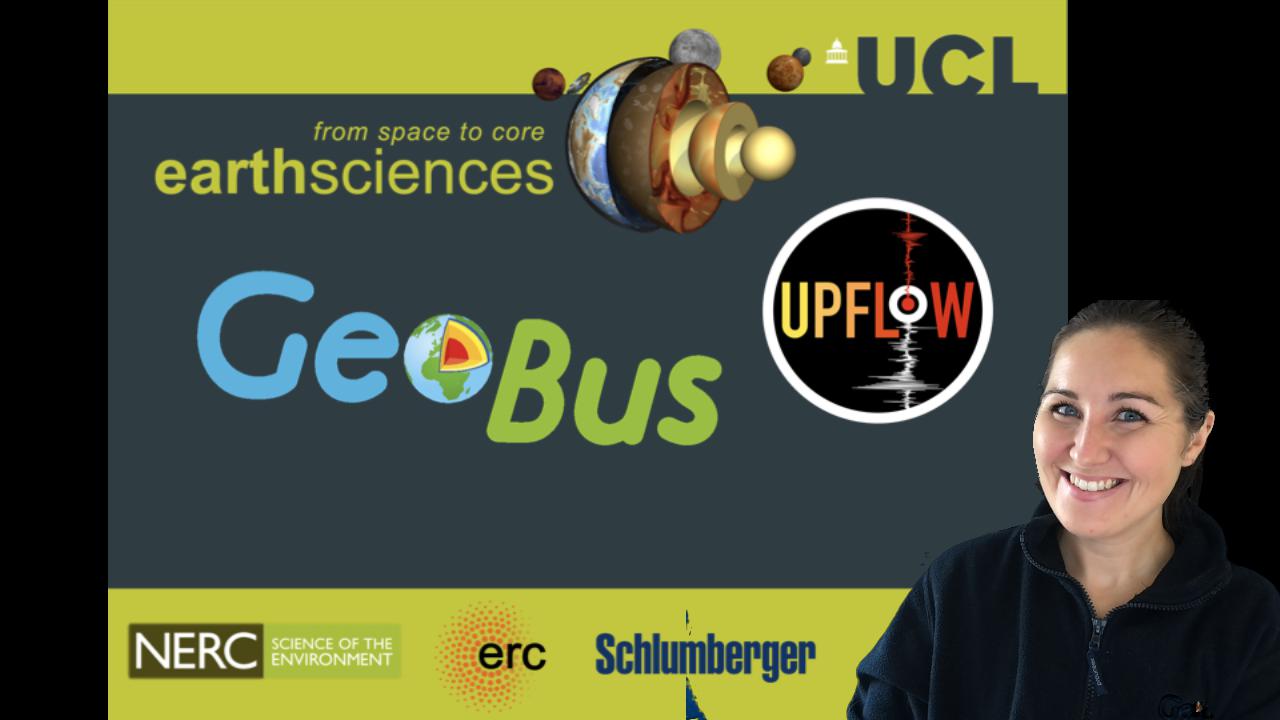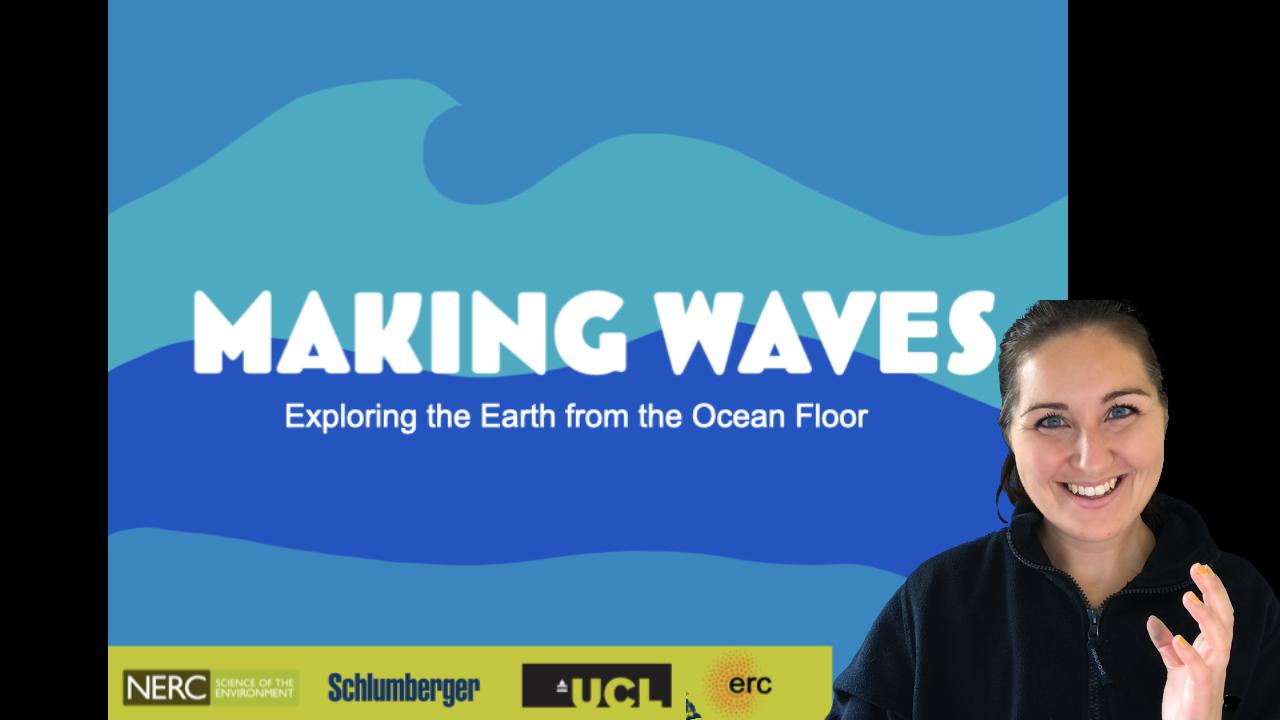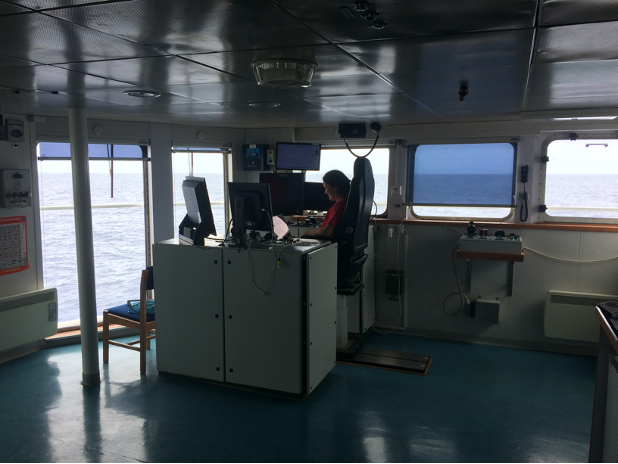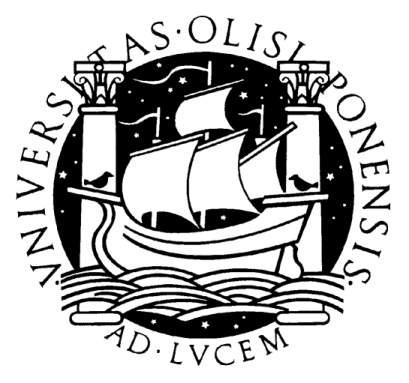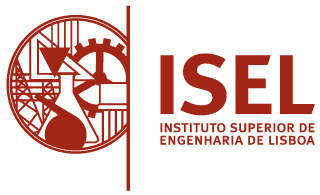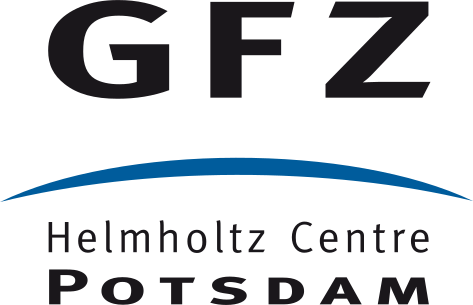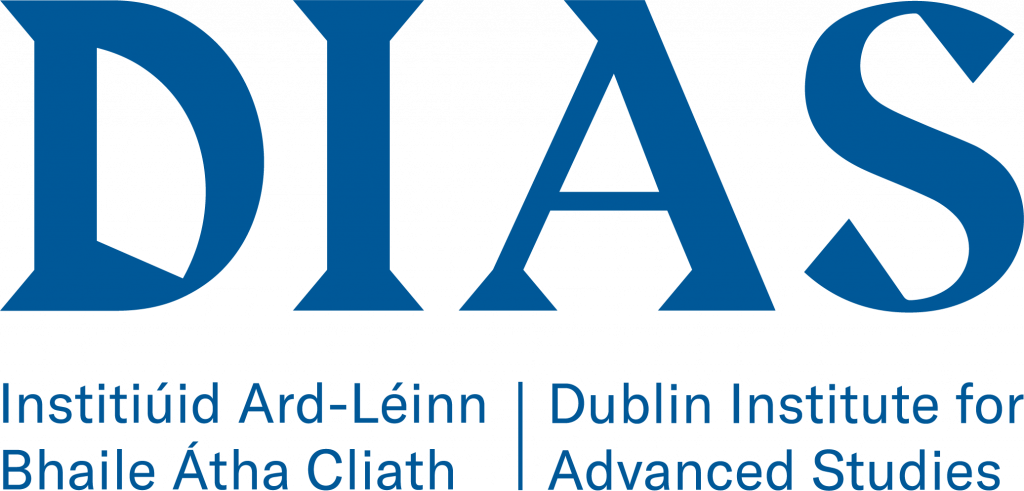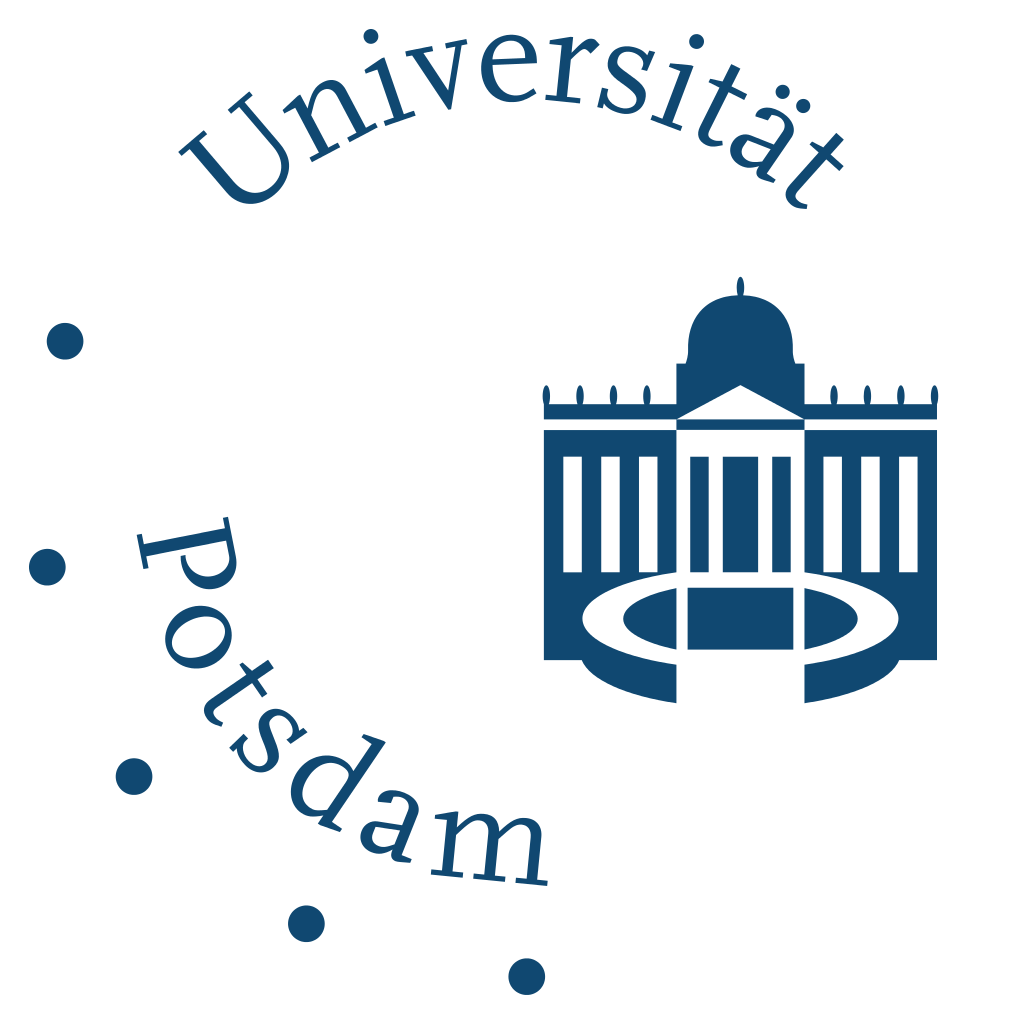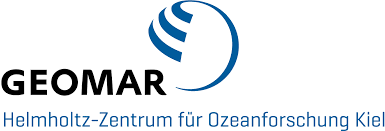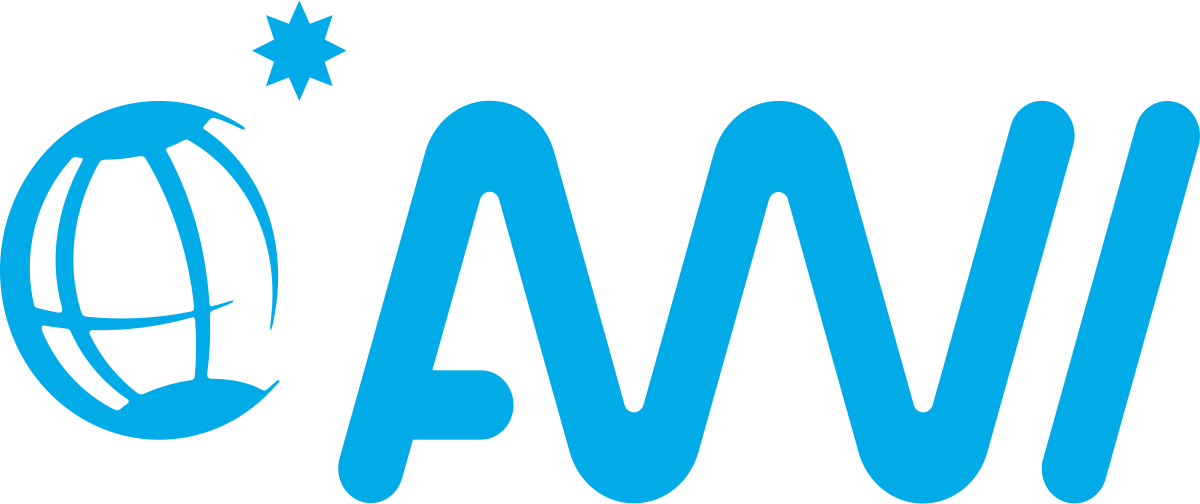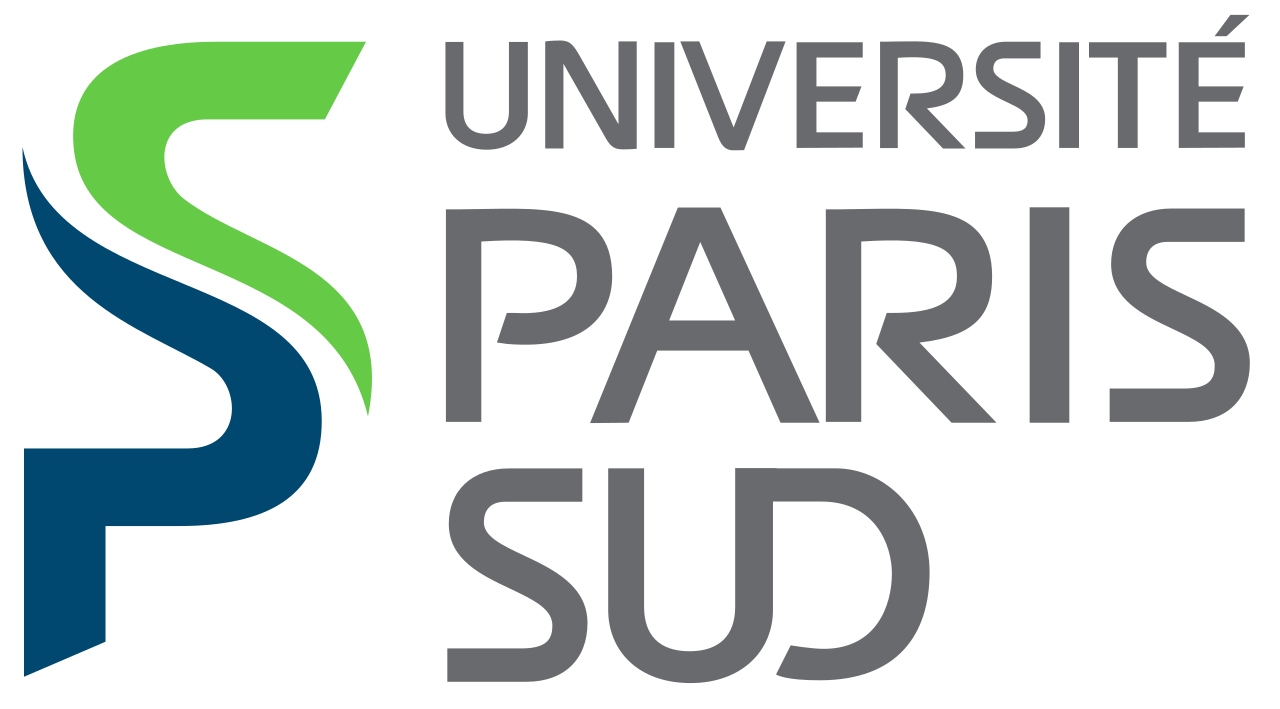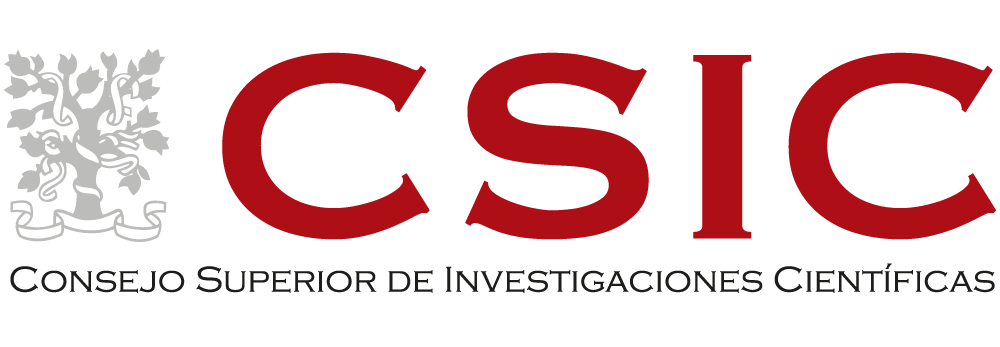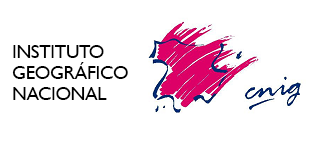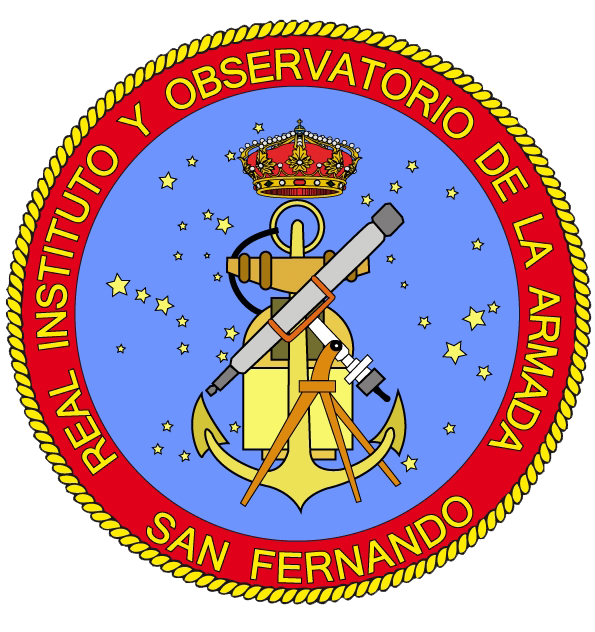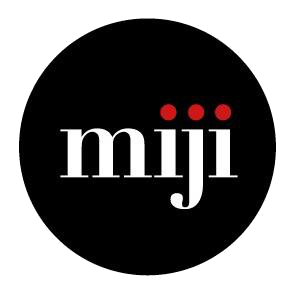By Ana Ferreira
As part of UPFLOW’s dissemination activities, we have teamed up with UCL’s GeoBus and ran online zoom sessions with four different London primary schools about sound and waves, and about the UPFLOW project. GeoBus’ coordinator Dr. Amy Edgington devised a very exciting workshop entitled “Making waves: Exploring the Earth from the Ocean Floor” where she covered the basics of sound and seismic waves, seimometers and how we use seismic waves to study the Earth’s interior. At the end of the workshop, the R/V Mário Ruivo connected to the workshops and I answered live the various questions raised by the children about the UPFLOW experiment.
Thanks to the workshops, the ship’s captain kindly lent me his chair on the bridge to conduct the zoom sessions, which was really exciting! The children came up with lots of nice questions, from trying to understand how the interior of an OBS looks like, to finding out how we will collect the instruments in a year’s time, to some more unexpected and fun questions, such as: “Will sharks eat your OBS?” or “Can you show us the ship’s pool?” (of course, there is no pool, as this is a research cruise, not a leasure one ;) ). The children also built paper models of how they imagined their own OBS, and I was delighted to see their models live and to comment on them.
After answering the children’s questions, I also had the opportunity to walk around the bridge and show the kids the sea, the OBSs in the front deck and the various navigation screens and tools in the bridge. I could feel the children’s enthusiasm, with all of them wanting to stay connected for longer, sometimes into their school break. The teachers also sent us very positive feedback afterwards, which was very rewarding.
We also launched a competition for children living in Portugal, Spain, Ireland, Germany and the UK to name our OBSs, along with drawing OBS pictures. The winners are listed here and include exciting names such as “Jelly”, “Zeus, “Teamwork”, “Sparky”, “Gangagogo” and “Pirata”. The children can see videos and pictures of their OBSs being deployed on Twitter and can also follow the project on Instagram and YouTube. This is a wonderful example of international cooperation from an early age and I hope that it will help inspire them to learn more about marine sciences and seismology, and who knows become future seismologists?
We aim to continue developing creative dissemination activities around the UPFLOW project and are bubbling with ideas… watch this space!
Dr Amy Edgington from UCL’s GeoBus. Dr Amy Edgington running a workshop. Prof. Ana Ferreira answering school children’s questions, sitting on the captain’s chair in the ship’s bridge. The London schools that participated in the workshops are Monega Primary school, Greensted Primary School, Walker Primary School and Brookfield Primary School.